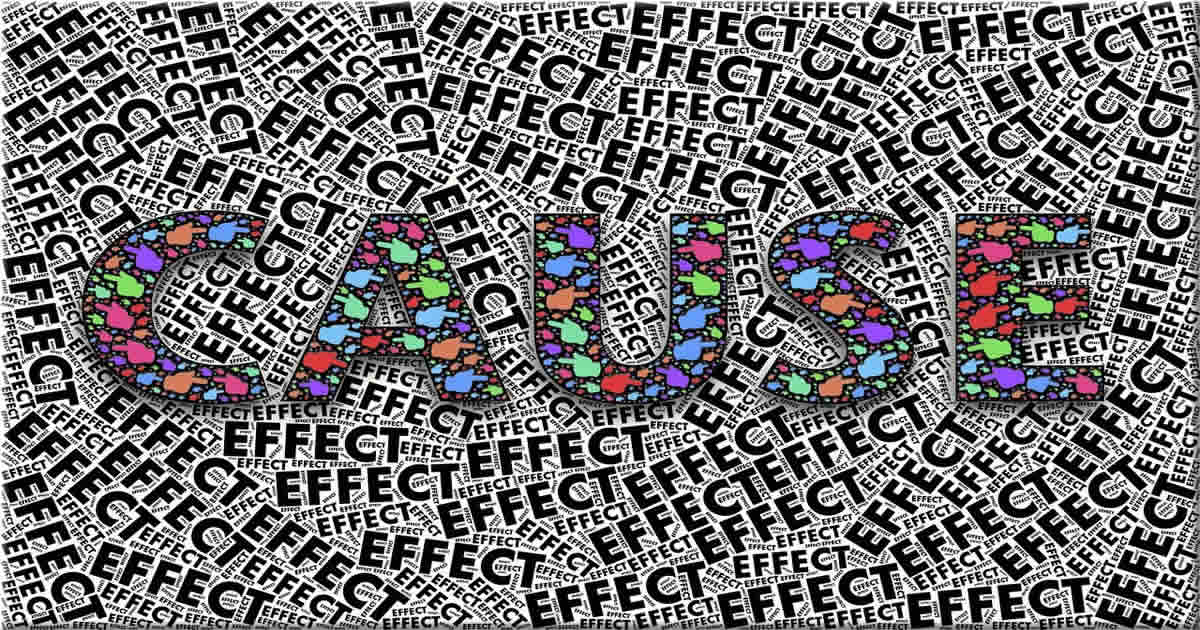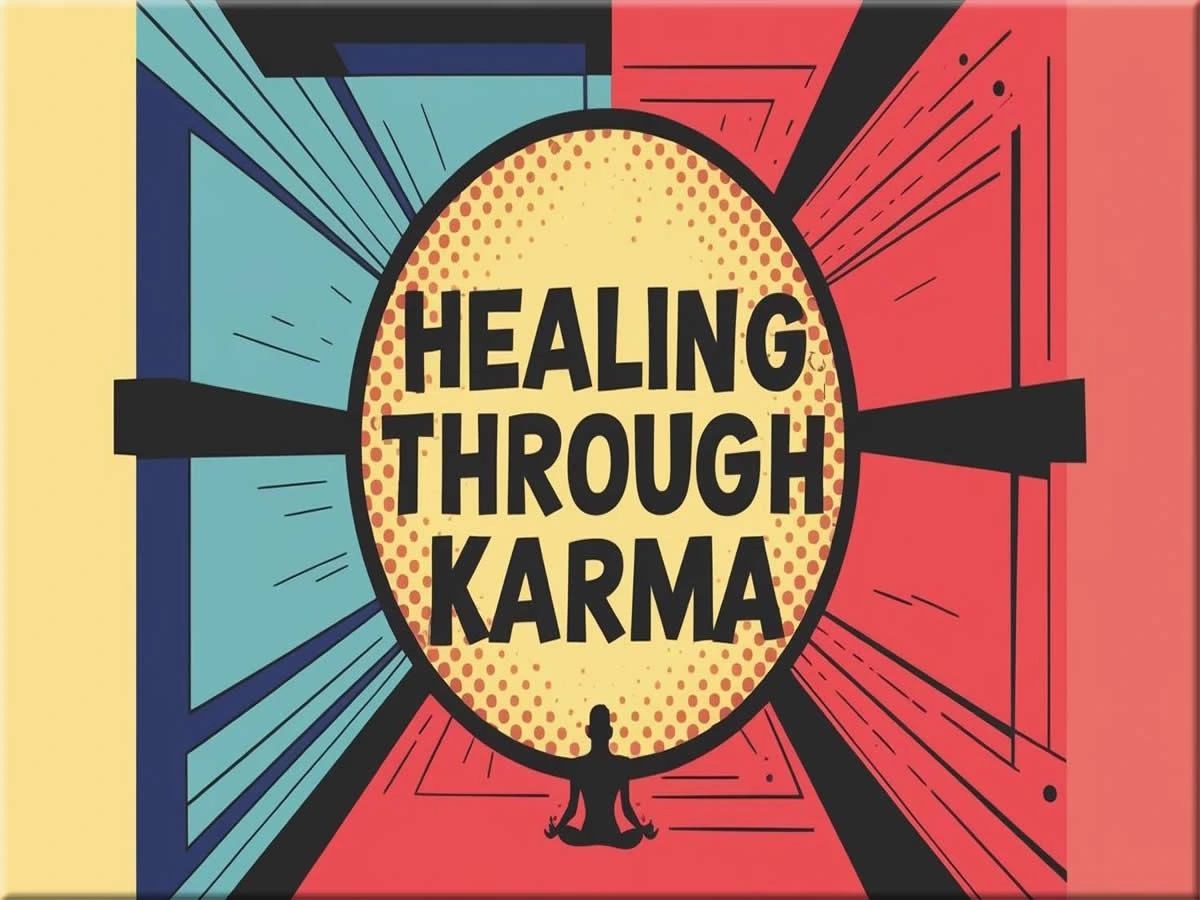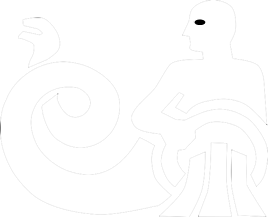
What is The Law of Cause and Effect?
What is the law of cause and effect? This question has influenced thinkers and shaped beliefs for centuries. Trace this concept back through history; you’ll find it’s no modern invention. Its roots reach deep into the annals of time. However, it transcends cultural boundaries and is embraced by Western philosophy, Eastern spirituality, and modern science.
The guiding principles that shape our world often fascinate me, and few are as fundamental as the law of cause and effect. This principle also asserts a simple truth: every action triggers a reaction. Whether in physics, ecology, or our personal lives, the domino effect of causality is undeniable. In the tapestry of existence, every thread is connected. My daily choices, such as the food I eat or the words I speak, are causes with their potential effects. And it’s a mutual relationship; the outcomes of others’ actions also affect my life.
Check out more videos on our YouTube channel
Countless cultural teachings and philosophies also reflect this intrinsic part of the human experience. The principle brings order to chaos and answers the question of ‘why?’ things happen as they do. Furthermore, standing at the crossroads of ancient wisdom and contemporary understanding, the law of cause and effect offers insight into the threads that weave our reality. Thus, in this complex yet fundamental principle, we can unravel the interplay between actions and outcomes.
Exploring the Roots: From Philosophy to Practicality
The concept of cause and effect is not a novelty. Ancient philosophers, such as Aristotle, attempted to explain the nature of reality through causality, tracing the concept’s roots back to their time. Aristotle’s four causes comprised the material, formal, efficient, and final causes. Therefore, these ideas formed the bedrock for understanding how and why events happen, impacting numerous fields ranging from logic to metaphysics.
In science, cause and effect play a pivotal role. They are also fundamental to the laws of physics established by Sir Isaac Newton, whose laws of motion described the relationship between a body and the forces acting upon it, leading to a change in motion. Quantum physics, relativity, and other modern scientific theories have extended and refined this principle, challenging and deepening our understanding of causality in the universe.

Turning to psychology, cause-and-effect is evident in the study of human behavior. Behavioral psychologists explore how environmental stimuli (causes) lead to responses (effects). This understanding helps develop strategies for modifying behavior, a central aspect of therapeutic practices.
On a personal level, conscious recognition of cause and effect guides daily decisions. For instance, the food I eat (cause) affects my health (effect). Similarly, the effort I put into my work (cause) influences the success of my career (effect). Awareness of these relationships helps us navigate life more effectively, avoiding pitfalls and striving towards desired outcomes.
In spirituality, the Eastern traditions of yoga, Buddhism, Hinduism, and Taoism employ the phrase “As you sow, so shall you reap,” also known as the law of cause and effect or the karma effect.
Consequences and Responsibility: The Ethics of Cause and Effect
It’s impossible to overlook the ethical implications of the law of cause and effect. Actions and their consequences weave the very fabric of society. When I consider my actions, I’m not just thinking about immediate outcomes but also the potential for far-reaching impacts.
Take the concept of moral responsibility; it’s predicated on the understanding that our actions have consequences. If I act with kindness, it might make a positive difference in someone’s day. Conversely, my negligence could cause harm. The principle of cause and effect underlines the importance of being mindful of our actions and is foundational to crafting ethical frameworks.
The ripple effect of our actions doesn’t halt at an individual level – it cascades through communities. A simple decision by a community leader can shape the culture of an entire group. As voters or consumers, our collective choices can significantly impact the course of industries and even nations.

This holds especially true in policy-making and the justice system. Laws and regulations are structures created to dictate what is acceptable and what isn’t, precisely because we recognize their potential effects on society. Sometimes, we see unintended consequences that necessitate reevaluating initial decisions, highlighting the importance of applying the law of cause and effect in governance.
However, it’s just as much about the individual’s self-evaluation and growth as it is about societal expectations. Understanding causation empowers me to effect changes and promote personal growth. If I can identify the causes of my successes and failures, I can create a pathway to improvement.
What’s essential is not to see causality as a constraint but as an opportunity to mold, refine, and improve the ethical tapestry of your life. Recognizing this can ignite personal transformation and contribute positively to the world.
Harnessing the Power of Cause and Effect in Personal Growth
Understanding the law of cause and effect isn’t just an academic exercise; it’s a tool for transforming your life. When you recognize that your actions lead to a specific result, you can begin to deliberately shape your destiny. To create the life you want, start with intention. Be aware that the choices you make and the effort you put in will determine your future experiences. So, identifying constructive causes is crucial if you want positive change.
The Wisdom Bundle is a carefully curated collection of three eBooks that promises to open your eyes, enrich your mind, and nourish your soul.
Past outcomes often provide valuable insights. However, reflect on previous situations where the results were unexpected and use that information to refine your approach. It’s through this process of analysis and adjustment that personal evolution occurs.
Mindfulness plays a key role in pinpointing the causes and effects in your life. You can gain real-time feedback and make immediate corrections by being present and attentive to your actions. Therefore, this level of self-awareness is vital in harnessing the power of cause and effect.
Finally, consider applying specific techniques such as goal setting, creating action plans, and engaging in reflective practices. These methods can help you align your daily actions with the outcomes you aim to achieve, using the law of cause and effect to fuel your personal growth.
Related Topics











